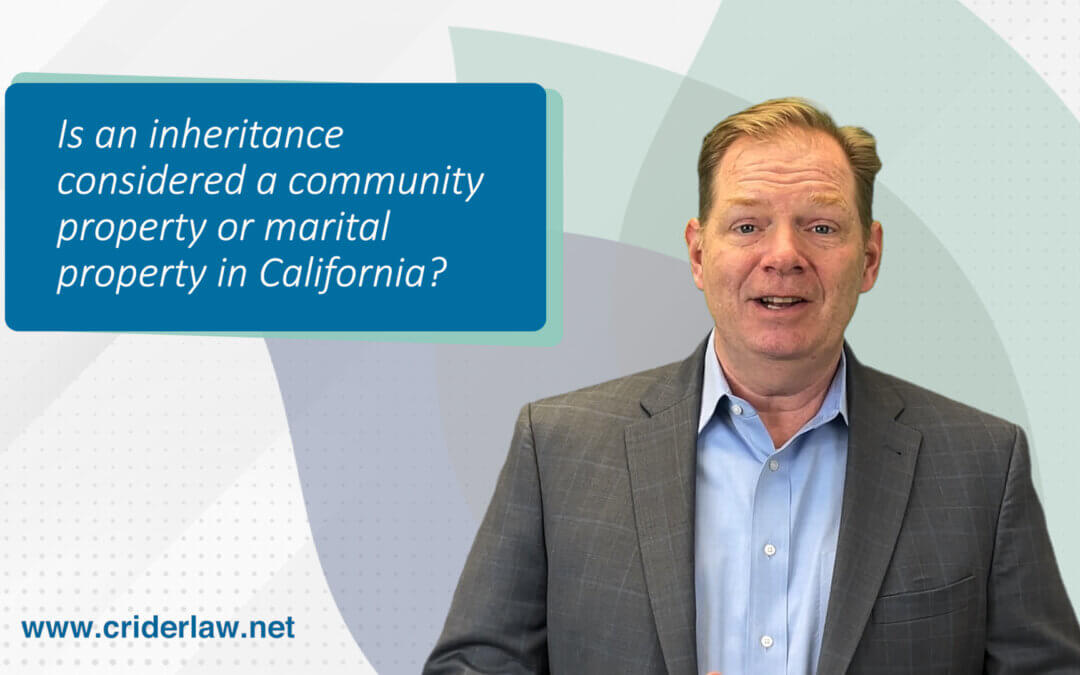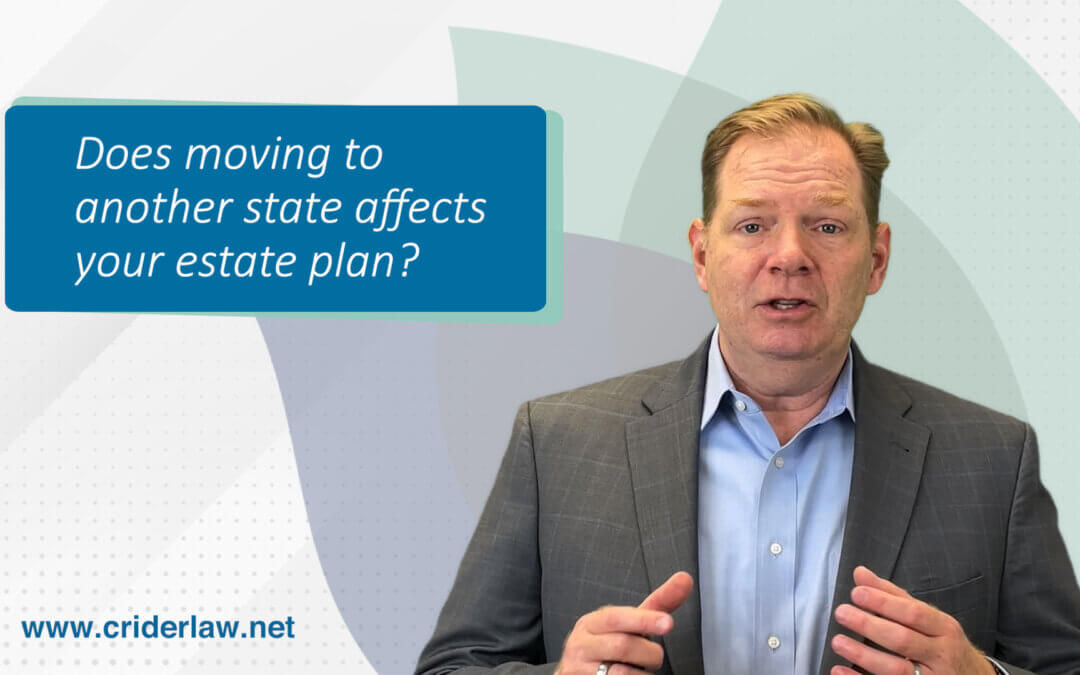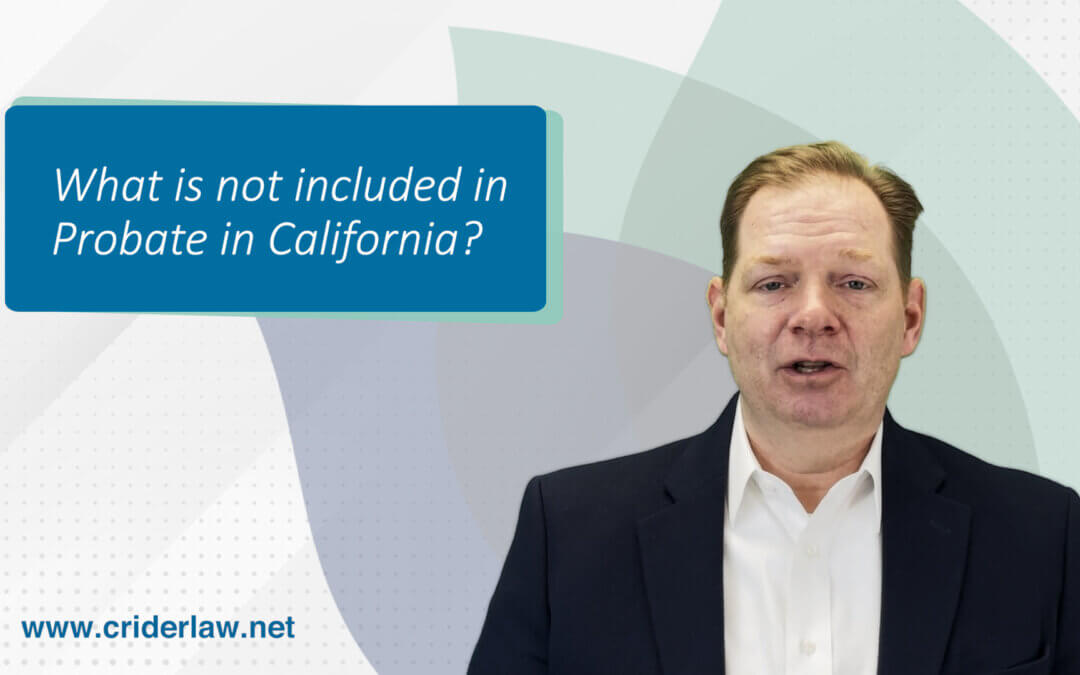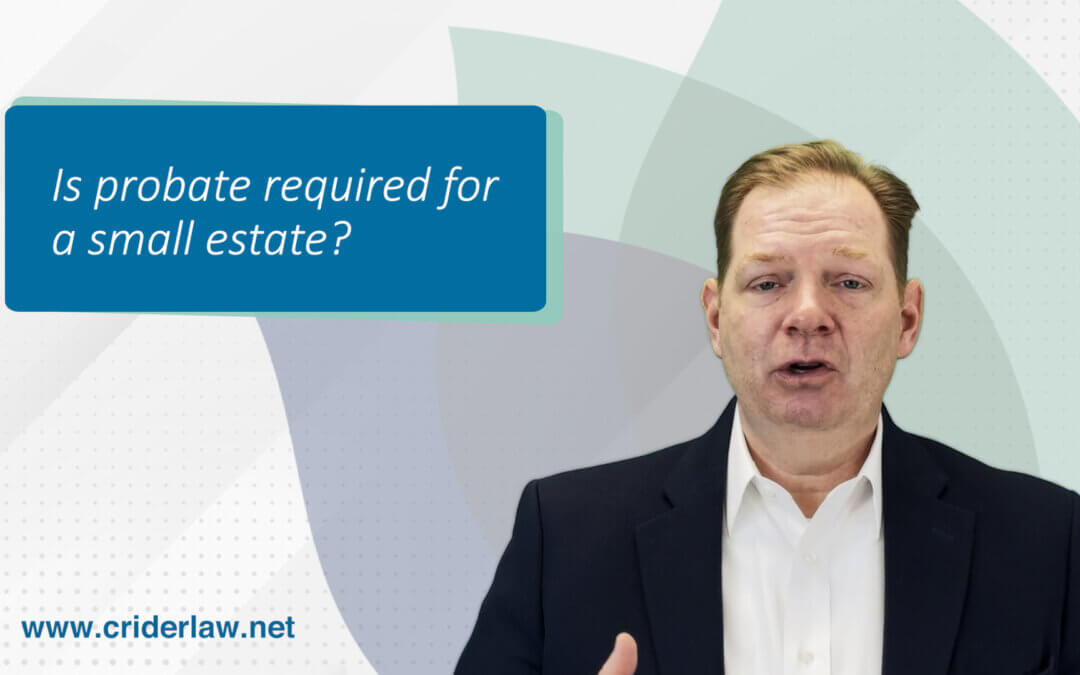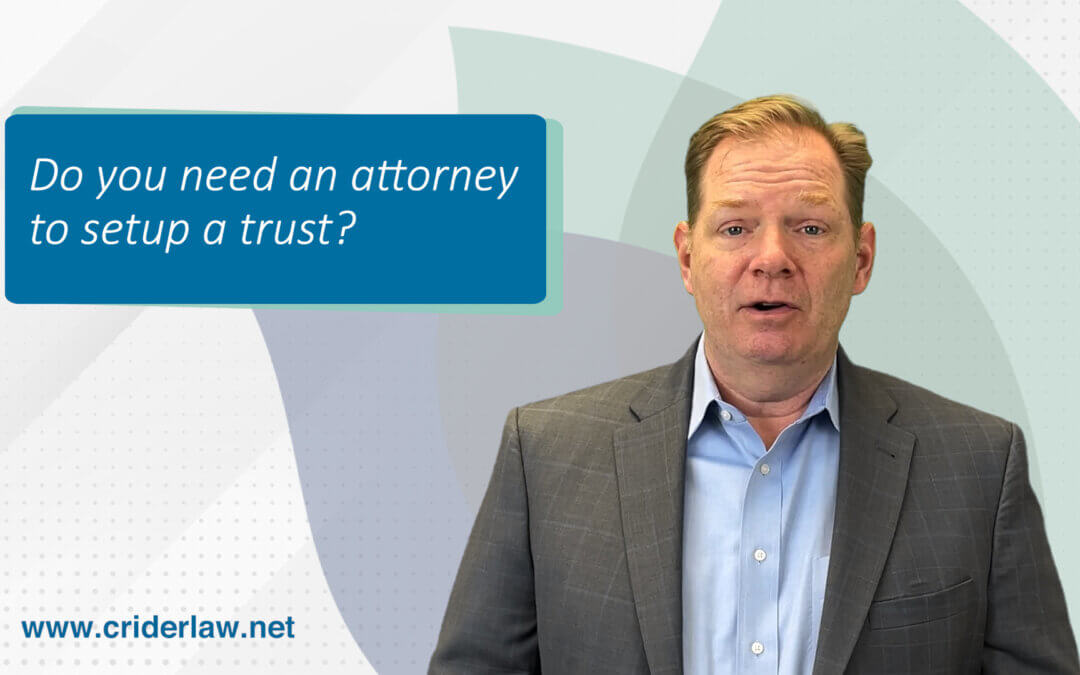
Do you need an attorney to set up a trust?
One of the questions that I get is whether you need an attorney to set up a trust, and the answer is yes. I recommend that you hire an attorney to help you set up a Revocable Living Trust.
The reason for this is a trust is a complex document. And as a complex document, there are a lot of things that go into it and a lot of things to consider. If you’re not fully versed within the world of the probate law and within the tax code, you would want to rely on a trained and trusted professional to help you set up your estate plan with a Revocable Living Trust as the foundation.

